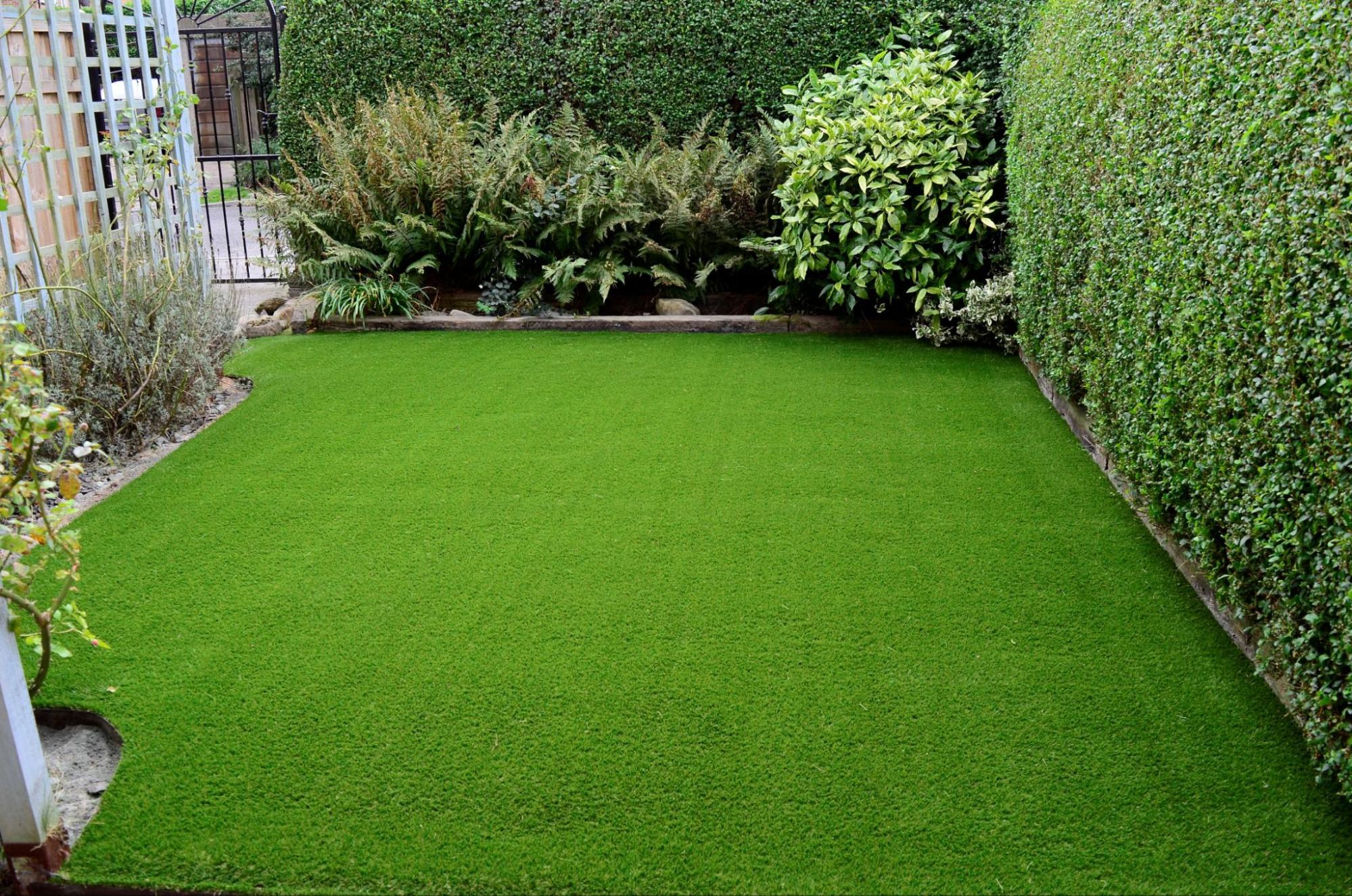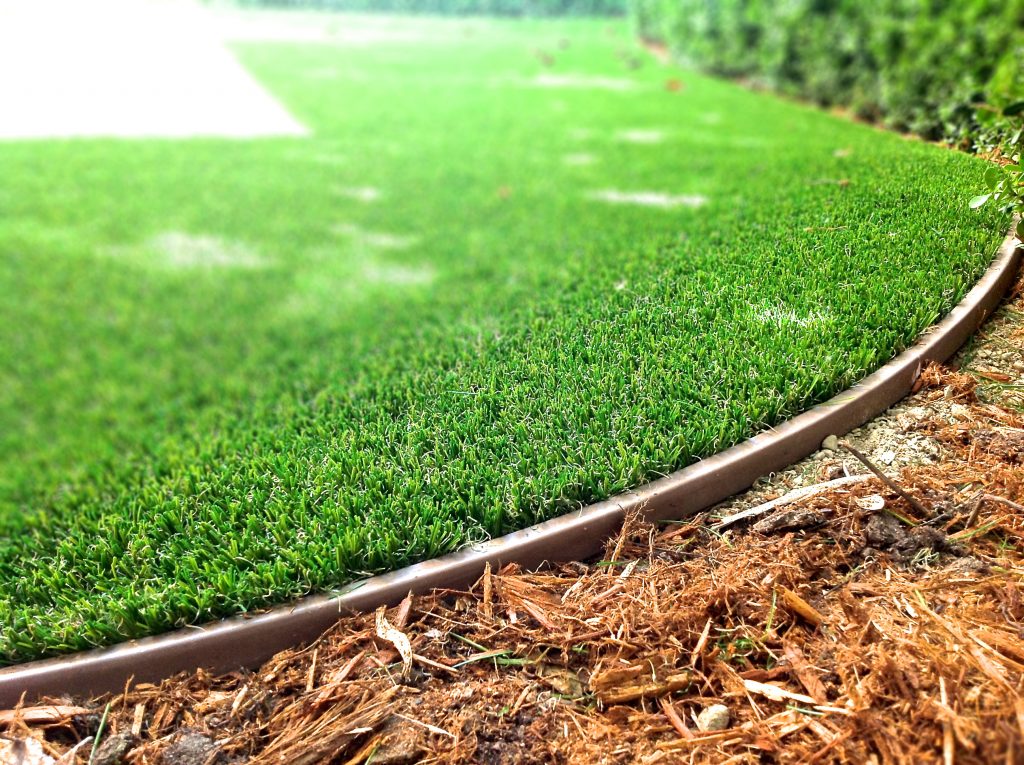Custom Turf Installation Phoenix AZ for Homes, Companies, and Play Areas
Custom Turf Installation Phoenix AZ for Homes, Companies, and Play Areas
Blog Article
Delve Into the Environmental Advantages of Opting for Artificial Grass Solutions
The fostering of artificial grass solutions provides an engaging possibility to deal with pushing ecological challenges. By dramatically reducing water usage and decreasing the application of damaging chemicals, these choices not only promote lasting landscaping however additionally safeguard regional ecosystems.
Water Conservation Perks
One of the most substantial benefits of synthetic turf is its ability to conserve water. In comparison, fabricated grass does not need watering, considerably decreasing the overall demand for water sources.
By removing the requirement for normal watering, synthetic lawn contributes to sustainable landscape techniques and helps reduce the ecological impact of extreme water intake. The conservation of water prolongs to the decrease of runoff, which can lead to soil erosion and river air pollution.
Additionally, the setup of fabricated turf enables municipalities and house owners to allocate water resources more effectively, concentrating on necessary usages such as alcohol consumption water and agriculture. The shift towards synthetic grass not only advertises responsible water use yet likewise lines up with more comprehensive environmental goals focused on protecting natural deposits.
As communities increasingly prioritize sustainability, the water conservation benefits of artificial lawn present a compelling situation for its fostering in domestic and industrial landscaping jobs.
Lowered Chemical Usage
The change to synthetic grass substantially lowers the dependence on chemical therapies commonly used in all-natural yard upkeep. Standard turf management usually includes the application of plant foods, pesticides, and herbicides to advertise growth and control bugs. These chemicals can present threats to human wellness, local wild animals, and the setting, adding to soil and water contamination.
On the other hand, artificial turf gets rid of the requirement for these dangerous materials. When mounted, it needs marginal maintenance, largely containing regular cleansing and occasional infill replenishment. This decrease in chemical usage not just benefits the immediate atmosphere however also adds to wider ecological security. By lessening the launch of synthetic substances into the environment, artificial lawn advertises healthier dirt and water systems.
Additionally, the absence of chemical drainage related to synthetic turf installments aids safeguard local rivers from contamination, sustaining water life and preserving biodiversity. Arizona turf. As communities increasingly prioritize sustainable methods, deciding for synthetic grass provides a viable option that straightens with environmental conservation objectives. With this change, residential property proprietors can delight in lavish eco-friendly areas without jeopardizing ecological health, leading the way for a much more lasting future
Reduced Carbon Footprint

In addition, the installation of fabricated lawn can result in substantial water conservation. All-natural grass call for significant amounts of water for watering, you could check here which not only contributes to the carbon impact related to water extraction and treatment but also strains neighborhood water resources. In comparison, artificial grass requires very little maintenance, calling for no watering, thereby dramatically lowering water usage and its connected power costs.
Furthermore, the longevity of synthetic grass contributes to its lower carbon impact. With a life-span of up to 15 years or more, the demand for constant substitutes is reduced, leading to much less waste and lower power intake in manufacturing and throwing away traditional grass options. In general, fabricated turf offers a lasting alternative for environmentally mindful landscaping.
Environment Preservation
Habitat preservation is an essential consideration in the debate over landscape design options, particularly when contrasting synthetic grass to natural grass. All-natural yard lawns typically require extensive webpage upkeep, consisting of the usage of pesticides, herbicides, and fertilizers, which can negatively affect neighborhood communities. These chemicals can leach right into the dirt and waterways, hurting indigenous plants and animals and disrupting regional environments.
Synthetic grass gets rid of the demand for hazardous chemicals, consequently shielding nearby wildlife and maintaining the integrity of surrounding communities. The setup of man-made grass can lead to the conversion of former lawn locations into more biodiverse landscapes, such as pollinator gardens or native plant areas, which can support regional wildlife.
Eventually, the shift to synthetic grass not just preserves water and lowers upkeep initiatives yet additionally fosters a more unified partnership in between human activities and the native environment, promoting habitat conservation in the procedure.
Long-Term Sustainability
Long-term sustainability is a critical aspect in reviewing the advantages of man-made grass over traditional lawn lawns. Among one of the most considerable advantages of fabricated grass is its resilience; it can last approximately 15-20 years with very little maintenance, whereas all-natural turf calls for regular reseeding and replacement. This durability decreases the demand for continuous sources, such as water, fertilizers, and chemicals, which are crucial for preserving a healthy and balanced turf yard.
Furthermore, artificial grass adds to a decrease in carbon exhausts related to grass care tools. Traditional yards frequently call for gas-powered mowers, leaners, and blowers, every one of which add to air contamination. Artificial turf companies phoenix. On the other hand, synthetic grass gets rid of the demand for such tools, promoting a cleaner atmosphere
Furthermore, the production of synthetic turf significantly utilizes recycled materials, boosting its sustainability profile. As makers adopt environmentally friendly methods, the ecological footprint of man-made lawn proceeds to reduce.

Final Thought
The adoption of synthetic grass solutions provides considerable ecological benefits, including considerable water conservation, minimized dependence on harmful chemicals, and a lower carbon footprint. Moreover, fabricated lawn help in maintaining all-natural view environments by minimizing land disturbance and promoting lasting sustainability via the usage of sturdy products. Collectively, these factors underscore the possibility of synthetic grass to add favorably to ecological health and wellness and use a practical option to conventional landscaping methods in an increasingly resource-conscious world.
In comparison, artificial turf does not need watering, dramatically reducing the total demand for water sources. By reducing the launch of synthetic substances into the community, artificial grass promotes much healthier soil and water systems.
Furthermore, the installment of artificial lawn can result in substantial water preservation. In contrast, man-made turf requires minimal upkeep, needing no watering, thus dramatically minimizing water usage and its linked energy expenses.

Report this page